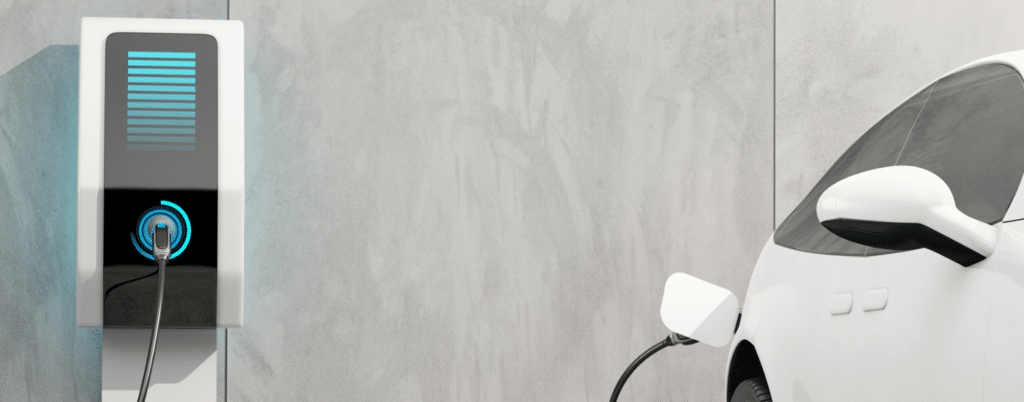
Understanding the dynamics of EV charging is becoming more important as electric vehicles continue to gain traction. With a variety of charging options available, knowing the differences in speed and functionality can significantly impact the efficiency and convenience of EV ownership.
A full charge can take anywhere from 30 minutes to 12 hours, depending on the EV that you have and the charger you’re using. Generally speaking, you can work out how long a charge will take by dividing the size of your battery (kw) by the power output of the charger (kw). This equation will give you a rough idea, other variables will influence the outcome.
For more information on other green energy solutions we provide, visit our home page: https://cardiffelectricalgroup.co.uk
Charging Types
Slow Charging – Level 1 Charging
Slow charging typically operates at a power output of 3.6 kW and is suitable for overnight charging. You can expect a full charge to take anywhere between 8 and 12 hours for a standard electric vehicle. Hybrids will charge faster, 2 to 4 hours on average.
A common domestic plug socket can be used for slow chargers, however you run the risk of components overheating when using this method. A wall box installation is recommended for safety. Slow chargers provide a gentle supply of electricity, which may prolong the lifespan of the battery.
Fast Charging – Level 2 Charging
Rapid Charging – Level 3 Charging
Understanding Charging Speeds
Which Speed is Right for You?
Consider your travel habits, and available infrastructure. For daily commuting and overnight charging, a slow charger at home may suffice. If you often have to leave your location at short notice, faster charging may be the option for you. It’s also important to know the range of your electric vehicle.
To learn more about EV charging, see our dedicated page: https://cardiffelectricalgroup.co.uk/ev-charger-installation-cardiff


